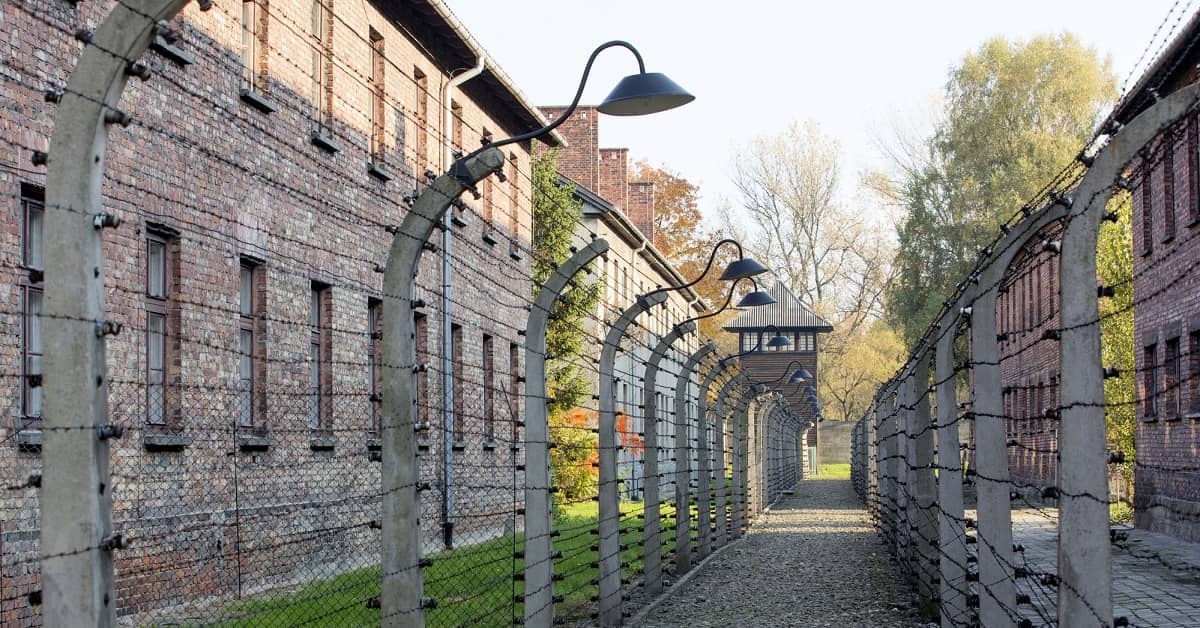
This is hardly surprising. They lived under horrendous conditions, with inadequate clothing and shelter, prolonged malnutrition, brutal overwork, and “chronic stress” – a phrase that hardly seems adequate to the experience. On top of that, most of them saw their families murdered.
These traumas took their toll and led to poorer health outcomes decades after they returned to normal society.
But in the first analysis of its kind ever done, researchers made an unexpected discovery about survivors: They lived longer, on average, than the rest of us. Remarkably, their lives were extended by seven years.
Perhaps there's something we can take from their ordeal that can help us lengthen our own lives. . .
15% Lower Deaths
For their study, doctors and researchers from several universities in Israel looked at 38,597 Holocaust survivors born between 1911 and 1945 in Europe, and compared them to 34,931 people born in Israel during the same years.After taking into account gender, socioeconomic status, and body mass index, the researchers found much higher rates of high blood pressure, cardiovascular disease, cancer, chronic kidney disease, obesity, dementia and osteoporotic fractures in women among the survivors.
Yet only one-fourth of the group died during the study period compared to 41.1% among the ones born in Israel. The average age at death of the Holocaust survivors was 84.8 compared to 77.7.
Since the health conditions in the death camps would be expected to shorten their lives, how were they able to live seven years longer?
The lead researcher, Dr. Gideon Koren, admitted this was a paradox. He believed, "[T]hey had coping abilities that rendered them more resilient to illnesses."
He continued, “They're a selected group – very cruelly so, but a selected group that survived what most other people in the camps did not survive. They are very different people genetically, emotionally, and many things we don't have a clue about, that are markers of resilience."
A Characteristic of Exceptional Longevity
Resilience -- the ability to adapt to adversity -- has been studied by a number of aging researchers.In the American South, Georgia centenarians were found to have two characteristics common to resilient people -- optimism and flexibility – that help them cope with changing circumstances.
In another American study, centenarian war veterans have been found to be more psychologically resilient despite suffering worse physical health. This was also demonstrated in a German centenarian population.
A study published in 2010 compared 16,566 people aged 65 to 89 with 4,596 men and women in their 90s and 3,413 over 100. The researchers found the centenarians were more resilient than any other age group, and this was one of the reasons they reached such a great age.
"Better resilience contributes significantly to exceptional longevity," said the scientists.
How to Develop Resilience
So resilience is good stuff – you want more of it. How do you achieve that? You might think it’s something you either have or don't have, but the American Psychological Association (APA) is quite adamant this is not the case. (Disclaimer: in anything with a political angle the APA is suspect – or worse – but hopefully this matter is non-political.)They say resilience is a trait that "involves behaviors, thoughts and actions that can be learned and developed in anyone." But they do admit that "the road to resilience is likely to involve considerable emotional distress."
Research suggests the primary factor in building resilience is receiving love, support, encouragement and reassurance from caring and supportive people within and outside the family.
Being active in faith-based, civic or other local groups is one of the APA’s ten suggestions on how to build the ability to survive and bounce back. Another is to take decisive action when confronted by a bad situation, rather than detaching completely from the problem. To see all ten suggestions visit the last link below.
